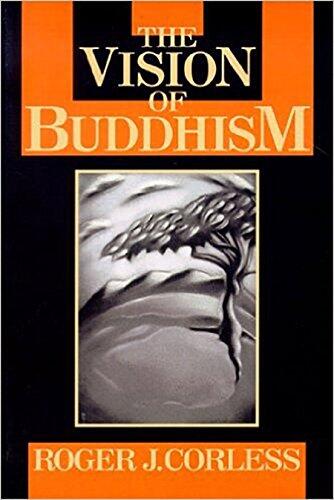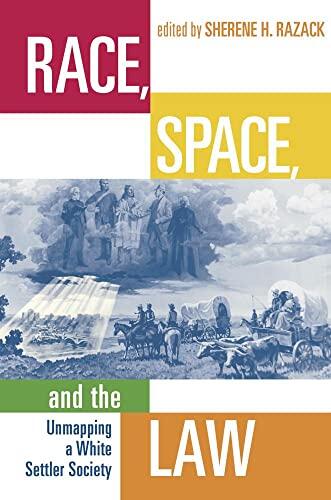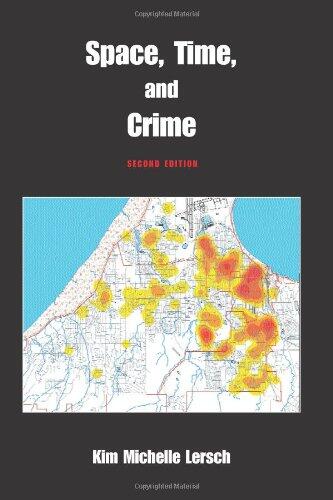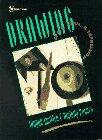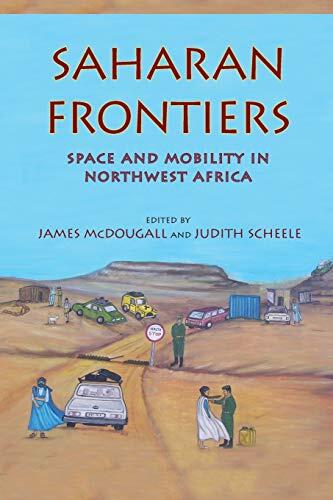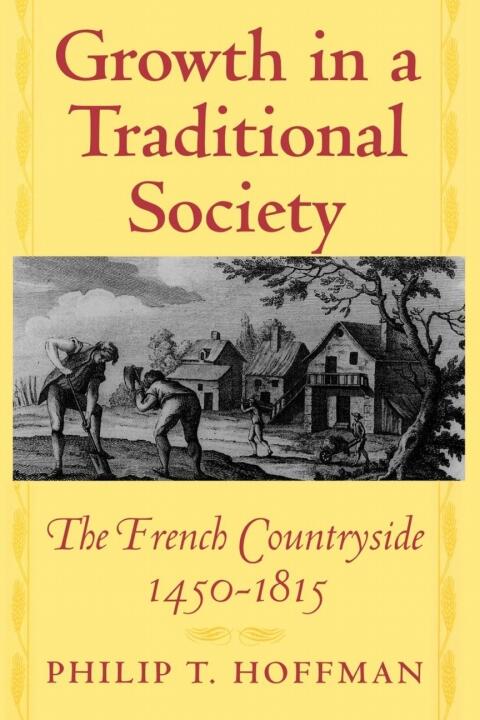
Growth in a Traditional Society: The French Countryside, 1450-1815
Ancora nessuna valutazione
History
Formato
Kindle
Pagine
362
Lingua
Inglese
Pubblicato
Jan 1, 2018
Editore
Princeton University Press
Edizione
2
ISBN-10
0691187207
ISBN-13
9780691187204
Descrizione
Philip T. Hoffman challenges the prevailing notion that traditional agricultural societies were stagnant and unchanging from the late Middle Ages through the early modern period. By meticulously examining the dynamics of the French countryside between 1450 and 1815, he reveals a landscape marked by significant economic and social developments. Hoffman's analysis showcases how farmers, despite facing numerous obstacles, innovated and adapted their practices to enhance productivity and respond to market demands.
Through a blend of historical narratives and economic data, Hoffman illustrates the complexities of rural life and the interconnections between agriculture, regional markets, and broader economic trends. He highlights the role of local governance, land ownership arrangements, and agrarian technologies in shaping the growth and resilience of rural communities in France. In doing so, he offers a nuanced understanding of how tradition and change coexisted in this pivotal period of history.
This work not only contributes to the field of economic history but also provides valuable insights into the societal transformations that accompanied the rise of early modern Europe. Hoffman's conclusions encourage readers to rethink the historical trajectories of rural populations and recognize their essential contributions to the evolution of early capitalist economies.
Through a blend of historical narratives and economic data, Hoffman illustrates the complexities of rural life and the interconnections between agriculture, regional markets, and broader economic trends. He highlights the role of local governance, land ownership arrangements, and agrarian technologies in shaping the growth and resilience of rural communities in France. In doing so, he offers a nuanced understanding of how tradition and change coexisted in this pivotal period of history.
This work not only contributes to the field of economic history but also provides valuable insights into the societal transformations that accompanied the rise of early modern Europe. Hoffman's conclusions encourage readers to rethink the historical trajectories of rural populations and recognize their essential contributions to the evolution of early capitalist economies.
Recensioni
Nessuna recensione ancora
Sii il primo a recensire questo libro e condividi i tuoi pensieri
Aggiungi Prima RecensioneRegistro di Lettura
Nessun registro di lettura trovato
Inizia a tracciare i tuoi progressi di lettura per vedere i registri qui
Aggiungi il tuo primo registro di letturaNote
Registro delle transazioni
Nessun registro delle transazioni trovato
Inizia a tracciare le tue transazioni di libri per vedere i registri qui
Aggiungi il tuo primo registro di transazione

